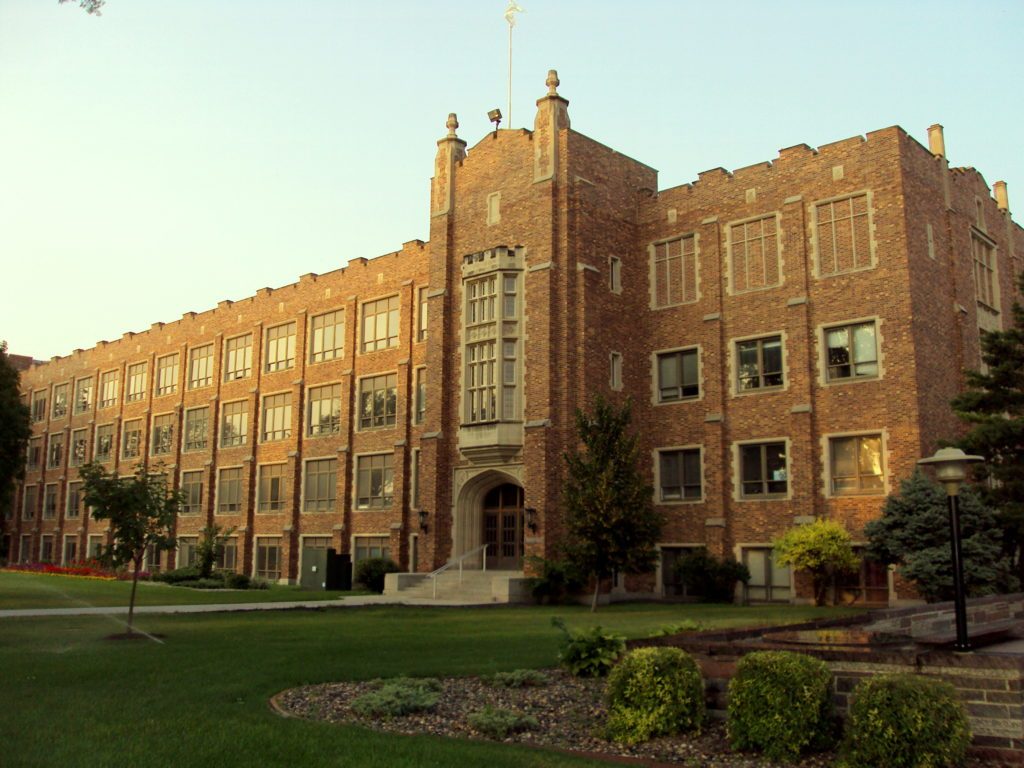
There is no doubt that an education in drones has value. With the industry booming, a trained workforce will be in demand; and students who are interested in any area of unmanned aviation are looking for the skills they’ll need to succeed.
But where can you get a drone education? Here are 5 places that offer classes – some degrees, some professional certificates – in drone related subjects. Whether your interest is in manufacturing drones, developing software, analyzing data or flying; you’ll find resources to provide you with the qualifications you need.
- Embry-Riddle Aeronautical University. Embry Riddle is world renowned for its aeronautical education, providing training and degrees to pilots and astronauts from around the globe. But the university also provides a wide variety of professional training programs related to drones. Offering classes both online and in physical locations across the country, they provide Part 107 ground school classes; drone safety and operations training; risk management, and systems. Embry-Riddle also provides a respected professional certificate program in Small UAS. “Our programs are flexible, customizable and affordable,” says Embry-Riddle, pointing out that the institution’s history shows “proven success in implementing programs that produce results.”
- Indiana State University. Sam Morgan, Indiana State’s Director of Unmanned Systems, has the right background to lead the school’s program. A former military pilot, he understands all aspects of drone technology – and makes sure that the University covers them all. Indiana State offers a degree in Unmanned Systems. The school has a focus on operators and designers – but also include people analyzing the data, because, as Morgan says: “If you’re not using the data… you just have a very expensive hobby.” In addition to a robust curriculum, the school has significant resources and relationships that allow them to fly in restricted airspace and train on a variety of scenarios. “Indiana State’s program differentiates itself because we are not an engineering school,” says Dr. Richard Baker, Indiana State’s Executive Director. “When students leave they understand how to solve commercial problems.”
- The University of North Dakota. Named one of DRONELIFE’s top states for the drone industry, North Dakota works to provide the industry with a trained workforce. The University of North Dakota has been doing manned aviation training for over 50 years – and they were the first school to offer an undergraduate degree in UAS, back in 2009. The school offers a UAS center of excellence for research and training; a useful tool for engaging industry. The UND Center for Innovation has dedicated a wing to UAS. “It’s impressive – not just the quantity, but the diversity of the activity – people working on all aspects of the industry,” says Brian Opp, North Dakota’s Manager of Aerospace Development.
- Rutgers University. The Rutgers School of Engineering has a different aspect of drone education to offer. with a brand new degree in aerospace (B.S. of Aerospace Engineering,) “drones are one of the key areas that we want to focus on,” says Javier Diez, Associate Professor and drone researcher. With a new building, and new facilites in the works – featuring a drone lab and indoor and outdoor drone testing facilities – the program is growing rapidly, and the faculty is fully embracing the opportunity. “When I teach my class on aerodynamics, I bring my expertise on drones into the classroom,” says Diez. “That’s the way it starts – faculty introduce new courses based on their research experience. This new program allows us to do that… I’m excited to be part of the community that helped get this program started.”
- Penn State World Campus. If you really want to learn a specialized skill for use with commercial drones, check out the Penn State World Campus degrees in geospatial education. The school currently offers 4 different degrees in geospatial education, presented online for professional learners. The the newest graduate certificate focuses on GIS users; covering operational requirements, but focusing on what you do with the data once obtained. Subjects include the kinds of camera to use, how to calibrate, and how to create terrain models. Agencies like the USGeological Survey, NOAA, and FEMA send employees to the school to learn extra skills – so students interested in using drones to gather geospatial data should look into taking just a couple of classes or getting a certificate.
Whether you want to learn drone engineering, how to fly and operate a drone, or how to analyze drone data there are programs being developed at universities and training centers across the country. Students who want to get involved with a growth industry should consider getting official training for the skills they need.
Miriam McNabb is the Editor-in-Chief of DRONELIFE and CEO of JobForDrones, a professional drone services marketplace, and a fascinated observer of the emerging drone industry and the regulatory environment for drones. Miriam has penned over 3,000 articles focused on the commercial drone space and is an international speaker and recognized figure in the industry. Miriam has a degree from the University of Chicago and over 20 years of experience in high tech sales and marketing for new technologies.
For drone industry consulting or writing, Email Miriam.
TWITTER:@spaldingbarker
Subscribe to DroneLife here.